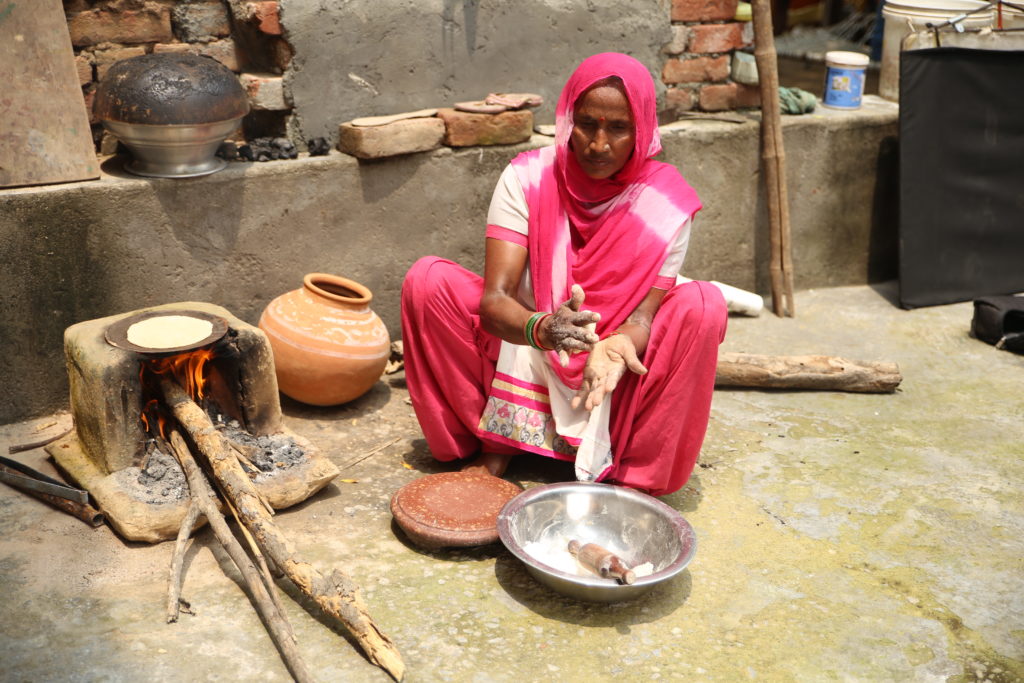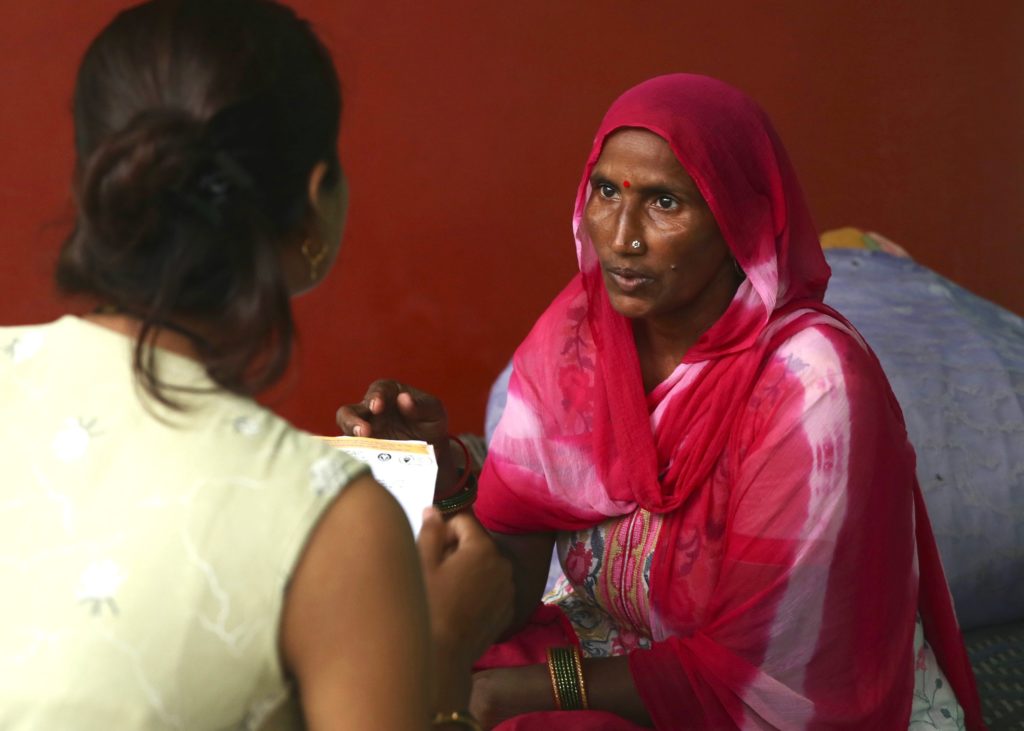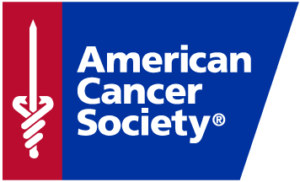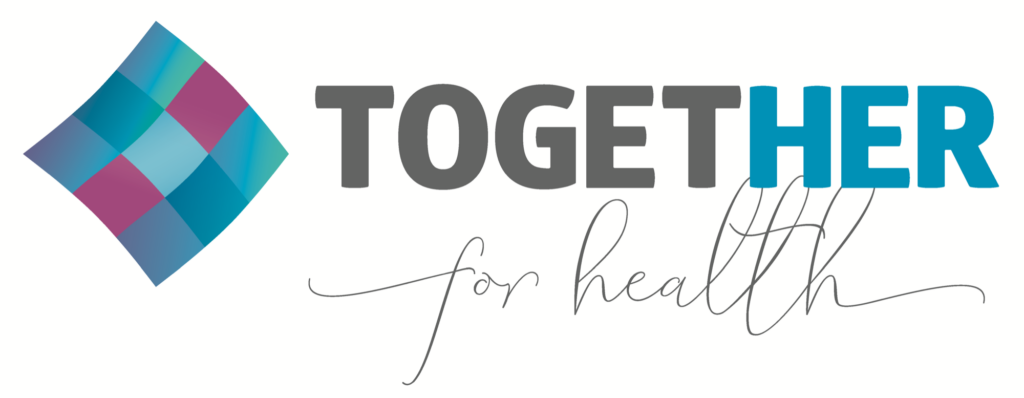Lakshmi: Prevention Is Better Than Shame
With a simple treatment, Lakshmi’s pre-cancer was eliminated before it became cervical cancer
January 2020 – The sky goes grey as 48-year old Lakshmi heads to the terrace of her house to remove the laundry. She deftly pulls it down and dashes downstairs to pull the buffaloes inside the shed, just as the first drops of rain hit the ground.
“I run this house and take care of everything, so I have to stay healthy and make sure nothing happens to me,” says 48-year-old Lakshmi.
Lakshmi lives in Rajokri village, about 45 km from Delhi, the capital city of India. She runs her household by selling milk that she gets from her buffaloes. She is the sole breadwinner in her family, as her husband is unemployed, and her children are still studying.
A year ago, Lakshmi was experiencing constant pain and itching in her pelvic area, but struggled to consult a doctor due to limited funds and the lack of medical facilities. “I have to go very far to see a doctor and switch two buses on the way, so I just ignored my problem,” she says. She also admits she felt embarrassed about this health concern. She wasn’t comfortable discussing her problems with anyone in her village.

Until one day, a cervical cancer screening camp was set up by CAPED (Cancer Awareness Prevention and Early Detection) Trust. The screening camp was free of cost and local members from the community went door-to-door explaining to women the importance of an early detection test for cervical cancer. Although screening tests are used to find cancer in women who have no symptoms, they can also be done as a first test for women who are experiencing symptoms that might be cervical cancer. Lakshmi spoke with one of these volunteers who addressed her concerns and explained the urgency of getting tested, especially for women in her age group.
“I knew the girl who works for the organization. She assured me that it’s safe and I should not be afraid of anything. Moreover, it was free, so I didn’t see any harm in getting tested,” says Lakshmi.
Lakshmi’s test found cervical pre-cancer. She remembers being quite scared upon receiving the results. “When they told me I had cervical pre-cancer, I got very anxious for my family. I was afraid I was going to die,” she shares.

CAPED linked Lakshmi to treatment services at the Safdarjung Government Medical Hospital in Delhi. Lakshmi was hesitant to go, but her daughter gave her the strength and confidence to pursue further care. “I was quite nervous as I had never gone to a hospital before, but my daughter accompanied me and supported me,” she explains.
The doctors at the hospital confirmed the pre-cancer lesions and explained to Lakshmi and her daughter that she came at the right time. With a simple treatment, her condition could be eliminated before it became cancer.
Lakshmi completed her treatment and today her pelvic pain is gone and she is back to running her house with the help of her daughters. She says she’s grateful for the free screening camp that was set up in her village.
“I’m so glad that I agreed to get tested at that time and did not let any of my fear get in the way of my health. Village folks like me are not aware of all the health issues, and sometimes the lack of information leads to unnecessary fear and anxiety. That’s what happened to me,” she explains.
Lakshmi sits down on the ‘charpai’ (wooden bed) in her courtyard and calls her daughter to join her. It has stopped raining and there is a cool breeze outside.
“I urge all women not to be ashamed when it comes to our health issues. Talk about it with someone before it’s too late,” Lakshmi says as she looks at her daughter. “It’s important for us to look after ourselves. If we don’t get checked on time for this kind of cancer, then we will not be here for our family when they need us. It’s a matter of life and death.”


Faces of Hope India is a joint project of the American Cancer Society and TogetHER for Health
View more “Faces of Hope” stories
